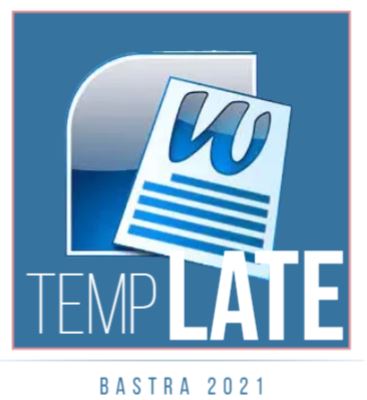ANALISIS WACANA KRITIS (AWK) DALAM CERPEN DUA SAHABAT KARYA BUDI DARMA: KONTEKS PEMBELAJARAN BAHASA DAN SASTRA INDONESIA
Keywords:
critical discourse analysis, short story text, language and literature learningAbstract
Literary texts can be analysed by using critical discourse analysis (CDA). CDA is a type of analysis that can be used to reveal ideology, Power, political view and gender. In here, CDA is used to reveal ideology and Power within the language used by Budi Darma in his Dua Sahabat Short story. This study can be relevant to the context of language and literature learning at schools. It is interesting to be done because learners must be able to understand the language of ideology and power, which has indirect influence but has also significant impact to learners’ opinions on ideology and power. Every discourse related to ideology and power always contain prejudice because within the discourse there are language expressions with symbolic meanings or because the word choices need to be interpreted whether it contains positive or negative things.
Downloads
Published
How to Cite
Issue
Section
License
Authors who publish with PENTAS agree to the following terms:
Authors retain copyright and grant the Engagement right of first publication with the work simultaneously licensed under a Creative Commons Attribution License (CC BY-SA 4.0) that allows others to share (copy and redistribute the material in any medium or format) and adapt (remix, transform, and build upon the material) the work for any purpose, even commercially with an acknowledgement of the work's authorship and initial publication in BASTRA.
Authors are able to enter into separate, additional contractual arrangements for the non-exclusive distribution of the journal's published version of the work (e.g., post it to an institutional repository or publish it in a book), with an acknowledgement of its initial publication in BASTRA.
Authors are permitted and encouraged to post their work online (e.g., in institutional repositories or on their website) prior to and during the submission process, as it can lead to productive exchanges, as well as earlier and greater citation of published work (See The Effect of Open Access).

This work is licensed under a Creative Commons Attribution-ShareAlike 4.0 International License.








